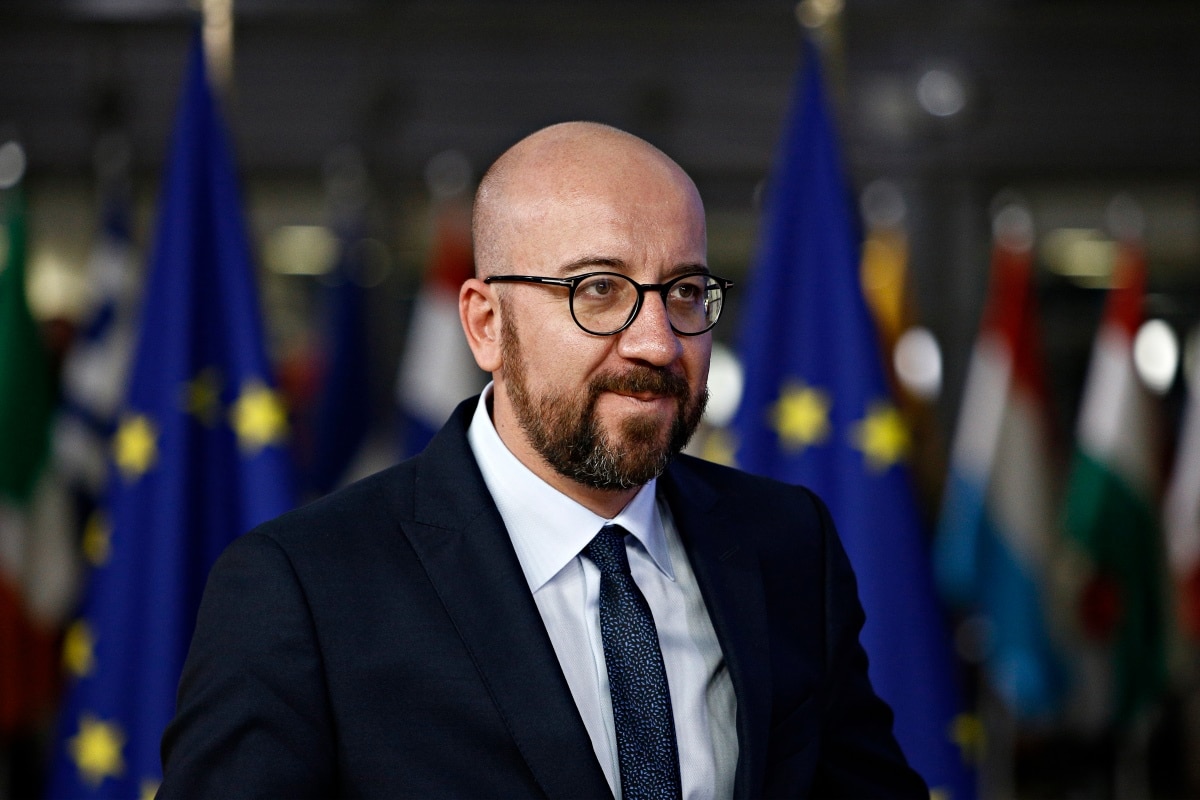In a surprising turn of events, European Council President Charles Michel’s decision to run as an MEP has triggered a race to find his successor, raising concerns about Hungary’s Prime Minister Viktor Orbán potentially assuming control and prompting critics to question Michel’s priorities. Here’s the full story.
A Shocking Announcement
In a surprising turn of events, Charles Michel, the president of the European Council, revealed his decision to run as a Member of the European Parliament (MEP) in the upcoming June elections. Moreover, Michel declared that he would step down if elected, setting off a chain reaction in the corridors of European power.
Michel’s announcement sent shockwaves through the European political landscape, as it introduced the possibility of Hungary’s prime minister, Viktor Orbán, assuming the role of the European Council president. Orbán’s controversial reputation, especially regarding disputes over EU funding and accusations of influencing decisions on Ukraine, raised concerns among EU leaders.
The Rush to Find a Successor
With Michel’s decision, a race against time began for EU heads of government. The joint appointment of the council president now required urgent attention to avoid leaving the position vacant. The pressure to find a suitable successor intensified, given Hungary’s scheduled takeover of the rotating council presidency on July 1.
Michel emphasized the urgency, stating, “The European Council can anticipate and name a successor by end-June, early-July.” This timeframe presented a challenge for EU leaders, requiring swift agreement on Michel’s replacement.
In the absence of a permanent council president, EU rules dictate that the role falls to the member state holding the rotating presidency. Orbán’s potential elevation to this influential position raised eyebrows, considering his contentious stance on various EU matters.
Critics voiced concerns over the impact of Orbán chairing council meetings, particularly in light of his alleged breaches of EU law. Commenting on the situation, Alberto Alemanno, a professor of EU law, warned that allowing Orbán to temporarily lead the council would be “even more problematic and irresponsible.” The prospect of Orbán wielding significant influence fueled apprehension among those critical of his leadership.
Michel’s Response to Criticism
In response to mounting criticism, Michel defended his decision, emphasizing the pre-existing timeline for deciding on his successor. He argued that the European Council could easily anticipate the parliamentary decision, providing a solution to avoid Orbán taking control.
Michel addressed his critics head on, stating, “There are many tools if there is the political will to avoid Viktor Orbán.” This response aimed to reassure skeptics and underscored Michel’s confidence in the EU’s ability to navigate the transitional period smoothly.
The timing of Michel’s announcement added an unexpected challenge for European leaders, who traditionally engage in prolonged negotiations over top EU positions. The need to fill the void left by Michel’s departure forced leaders to expedite their decision-making process, disrupting the usual months-long wheeling and dealing.
Hosuk Lee-Makiyama of the European Centre for International Political Economy offered their perspective, suggesting that Michel’s move “merely moves the race for his successor six to nine months earlier.” However, he acknowledged that this acceleration posed a challenge for candidates still entrenched in national politics.
Differing Perspectives on Michel’s Move
While some observers downplayed the significance of Michel’s decision, considering it a mere acceleration of the succession process, others condemned it as rash and egotistical. Critics, including EU law professor Alberto Alemanno, argued that Michel prioritized personal interests over the stability of European institutions.
Steven Van Hecke, a professor of European politics, criticized Michel’s move, stating, “His personal interests take precedence over the interests of the European institutions.” This perspective highlighted concerns about Michel’s leadership style and the potential implications of his decision on the European Union’s cohesion.
As European leaders faced the urgent task of finding Michel’s successor, concerns about his effectiveness and leadership style emerged. Some labeled Michel as the least effective council president, pointing to his strained relationship with the European Commission president, Ursula von der Leyen.
Criticism intensified as Michel’s move seemed to prioritize personal interests over the needs of the European Union. Sophie in’t Veld, a Dutch MEP, strongly criticized Michel, likening his departure to “the captain leaving the ship in the middle of a storm.”
This metaphor underscored the perceived lack of commitment on Michel’s part to the fate of the European Union, raising questions about his credibility as a future candidate. The outcome of this shock decision remains to be seen.
The post EU Leadership Crisis: Charles Michel’s MEP Bid Stirs Controversy first appeared on Edge Media.
Featured Image Credit: Shutterstock / Alexandros Michailidis.
Grant Gallacher is a seasoned writer with expertise in politics and impactful daily news. His work, deeply rooted in addressing issues that resonate with a wide audience, showcases an unwavering commitment to bringing forth the stories that matter. He is also known for satirical writing and stand up comedy.

